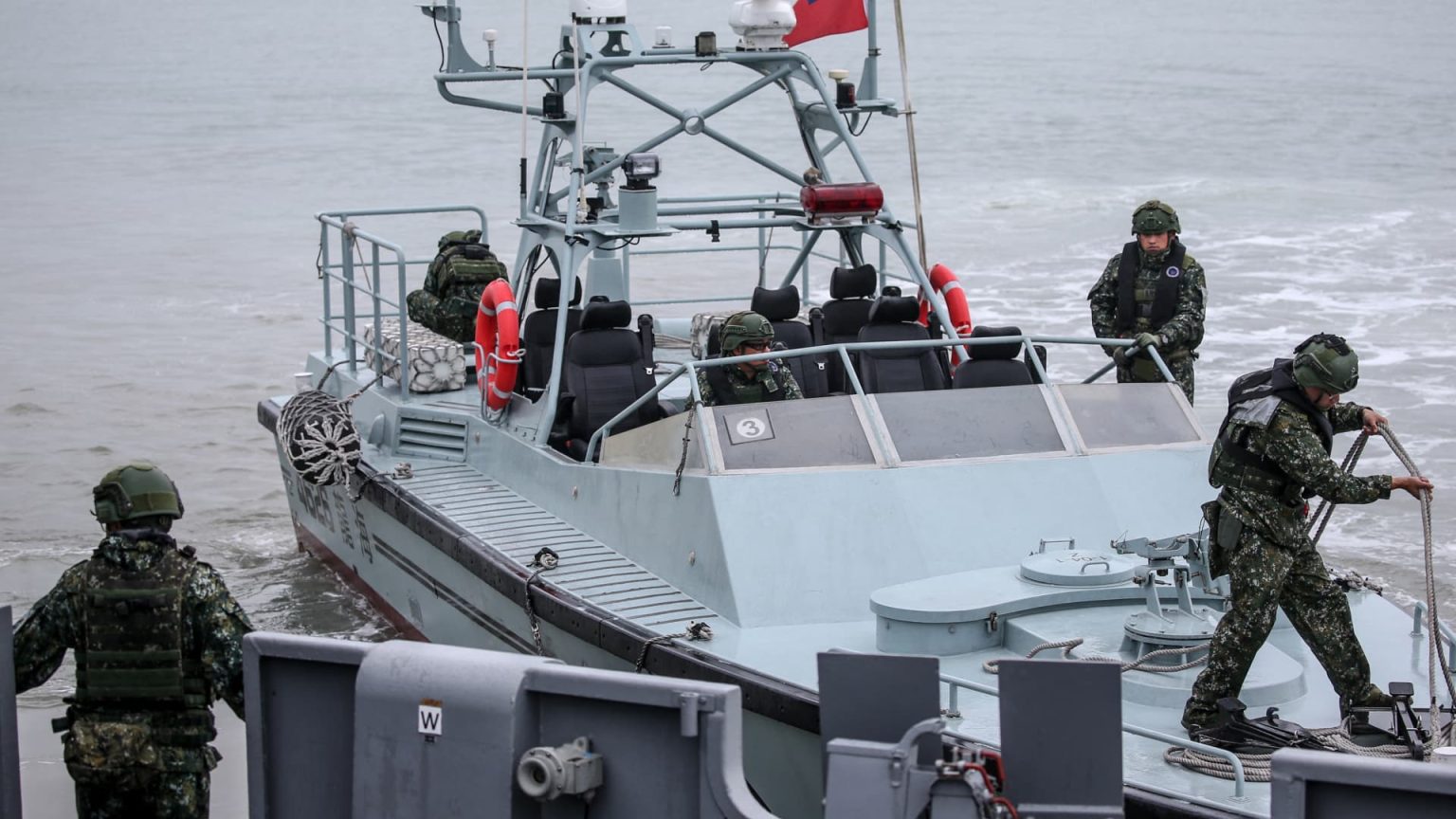China’s recent military exercises near Taiwan have raised tensions between the two entities, with Beijing targeting Taiwan’s new President Lai Ching-te for his perceived “hostility and provocations” towards China. The drills followed Lai’s inauguration speech, in which he urged China to cease its political and military threats against Taiwan. China’s state news agency Xinhua characterized Lai’s speech as radical, leading to the current military maneuvers which it claims are necessary due to Taiwan’s independence actions.
The exercises, named Joint Sword-2024A, are said to be a response to separatist forces seeking “independence” in Taiwan. China’s military actions include comprehensive battlefield control seizures and precision strikes on key targets. In response, Taiwan has heightened its security measures, monitoring Chinese military movements around its waters. Political observers view the recent escalation as a warning from China regarding its stance towards Taiwan, particularly under the leadership of Lai, whom Beijing views as a proponent of Taiwanese independence.
Lai’s speech highlighted Taiwan’s self-governing status and asserted its sovereignty, which drew criticism from China’s top diplomat Wang Yi, who emphasized China’s commitment to reunifying with Taiwan. Taiwan’s defense ministry condemned the military drills as provocative and destabilizing to the region. While not as severe as China’s response to previous events, such as visits by foreign dignitaries to Taiwan, the recent drills demonstrate China’s increasing assertiveness in the area.
Under Xi Jinping’s leadership, China has intensified its efforts to apply pressure on Taiwan, particularly as the island strengthens its ties with the United States. The issue of Taiwan has been a focal point in US-China relations, with Xi emphasizing its sensitivity during discussions with US President Joe Biden. The outcome of US politics, particularly the control of Congress, could further impact cross-strait relations and exacerbate tensions in the region.
Experts suggest that while the likelihood of a full-scale war over Taiwan remains low in the foreseeable future, China’s military activities near the island are expected to increase in frequency and intensity. The current situation indicates an unstable period in cross-strait relations, with both sides engaging in military maneuvers as a form of signaling. However, it is believed that Beijing will avoid actions that could jeopardize US-China efforts to stabilize the situation surrounding Taiwan, at least until after the US elections.













